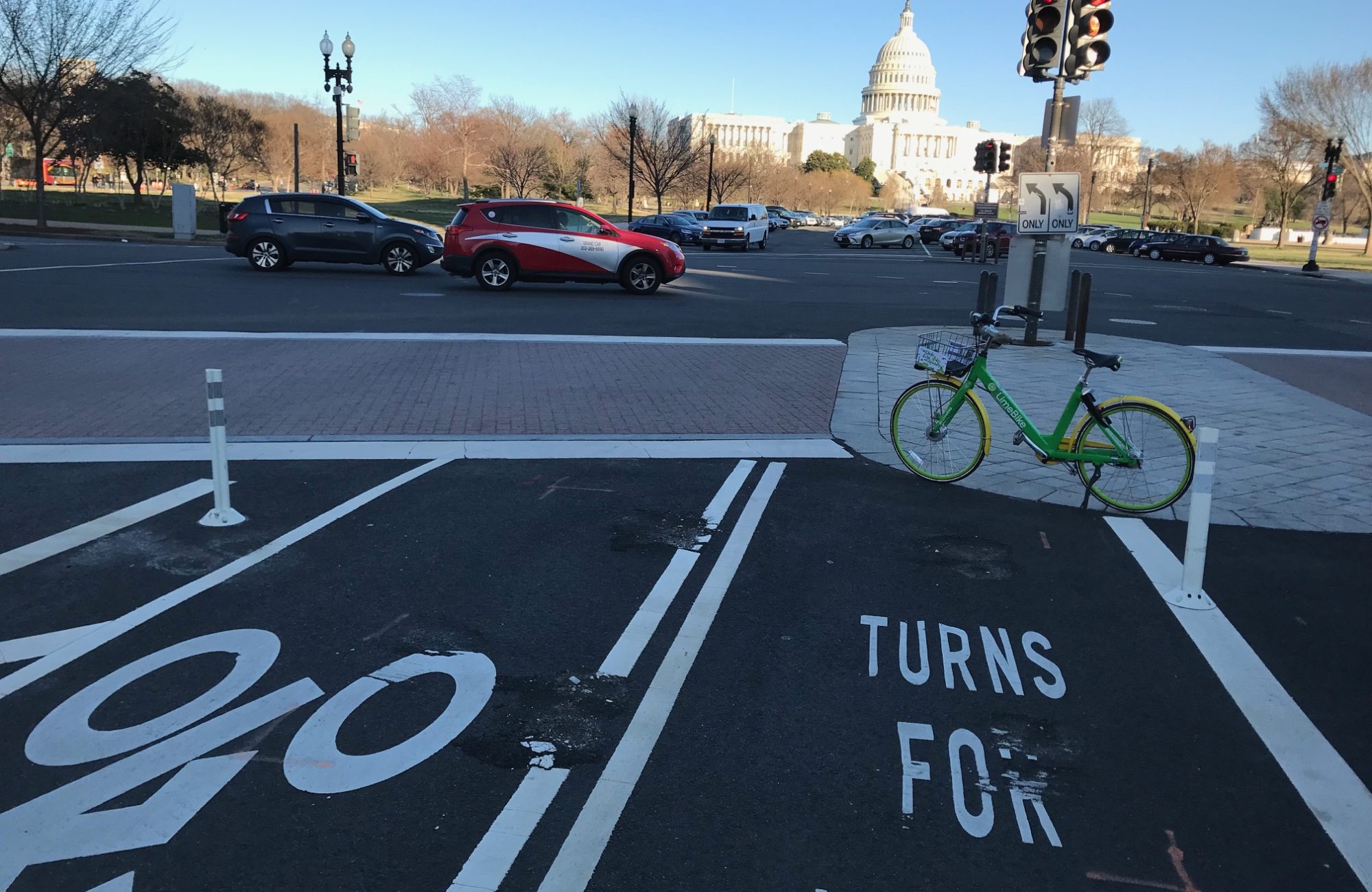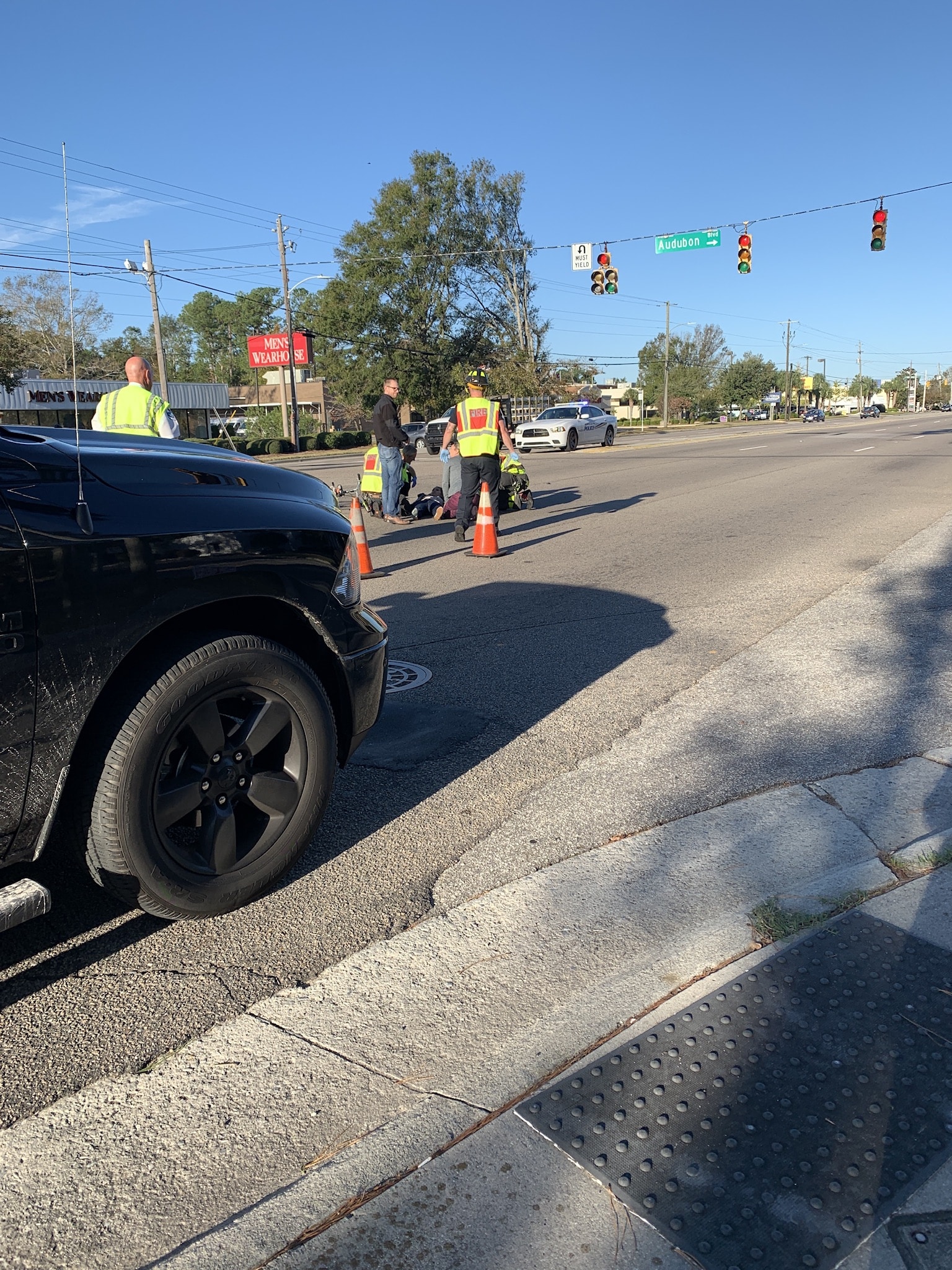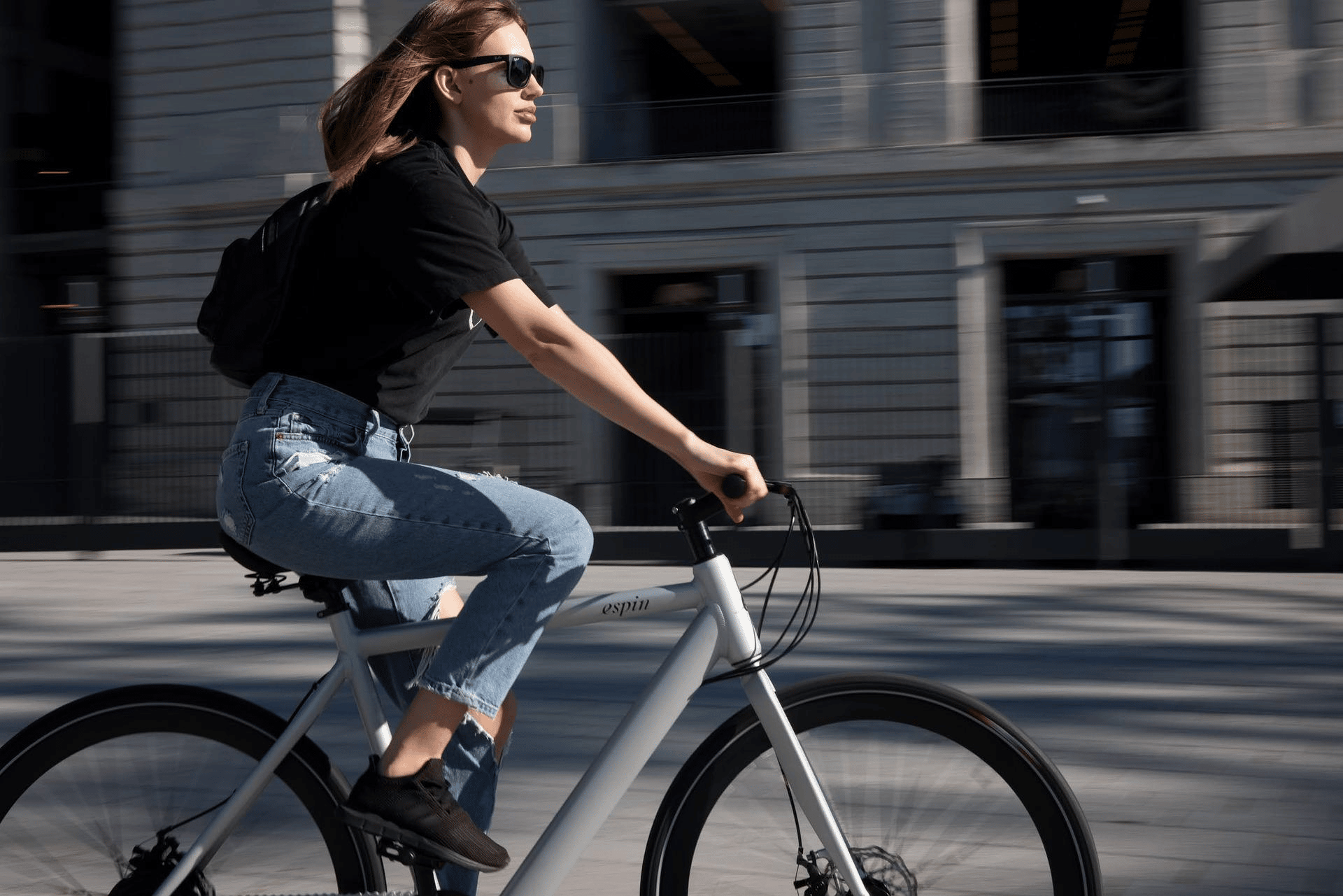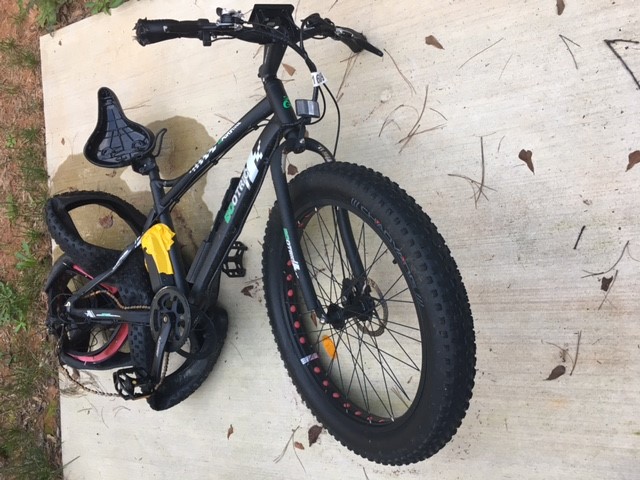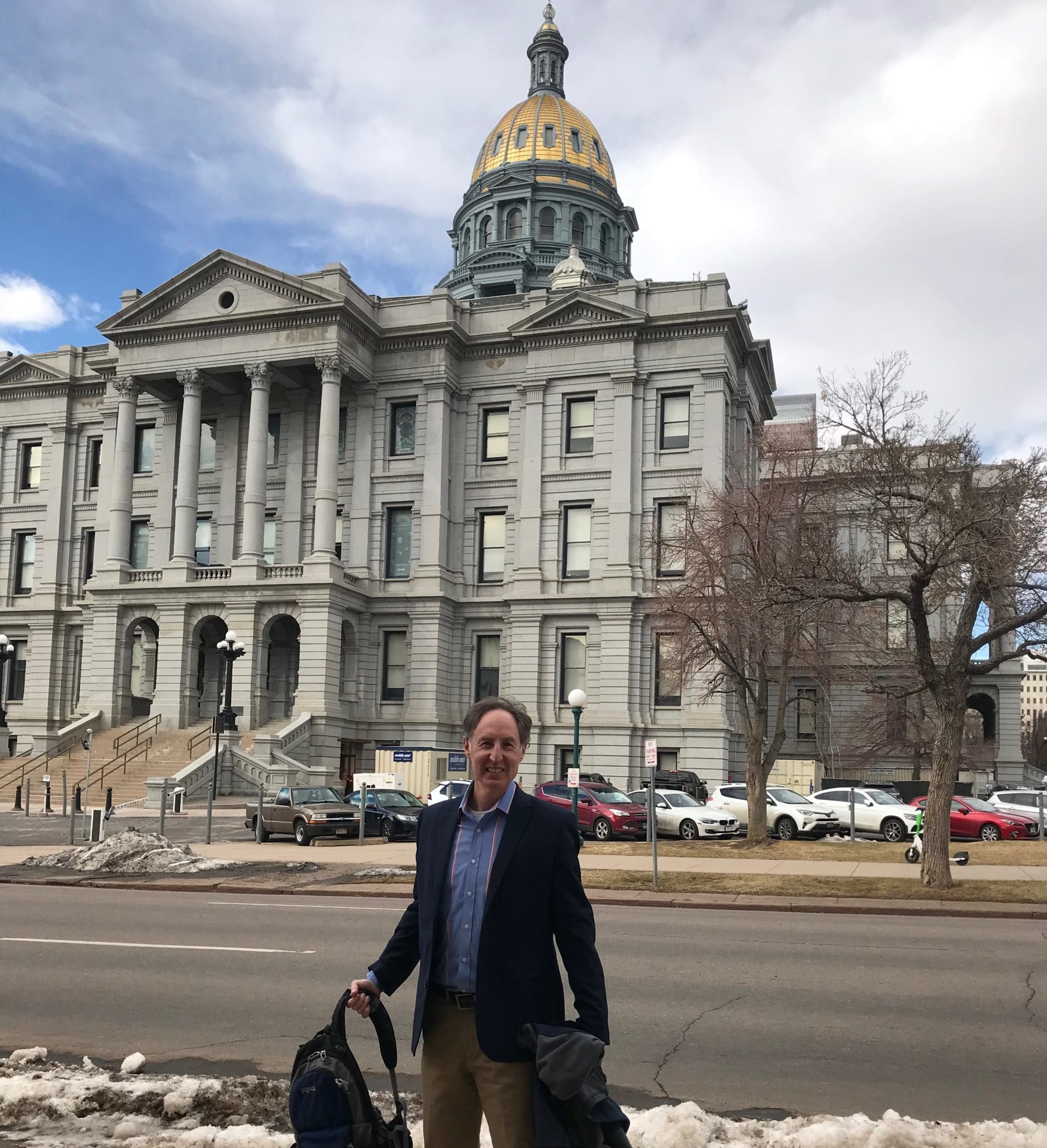Dockless Bikeshare & Proving Safe Passing Through Technology
The star of the 2018 LAB Summit was hands down dockless bikeshare. Prior to even picking up their nametags at the registration booth, summit attendees encountered the wealth of dockless options available to them as a result of DC’s dockless bikeshare trial period, which is nearing the end of its seven month test run. Social media lit up with posts from visitors to DC, myself included, who were loving the convenience, and strong message that bikes belong, which the dockless options have brought to DC. Having six dockless options to choose from in addition to Capital Bikeshare made for what felt like a decadent array of mobility options.
Dockless bikeshare was also a hot topic inside the summit. It came up in multiple sessions and panel discussions, and there was also a dedicated session entitled, “Choosing the Right Bikeshare for Your Community or Campus.”
The dockless system has its detractors and opponents. The ugliest opponents unabashedly, and incorrectly say that the dockless bikes invite crime, with one notorious Georgetown resident going so far as calling 911 to report anyone he saw utilizing a dockless bikeshare bike near his home, as “suspicious.”
The detractors who have valid points do not oppose dockless bikeshare in general, but do note that the dockless bikes are inherently inequitable because in order to take advantage of them you must have a smartphone (NB: beware of the draining effect running the bikeshare apps will have on your battery and bring a phone charger). Other issues that crop up are users who park the bikes in inappropriate places, blocking the sidewalks and creating accessibility issues. There are various solutions offered to solve these problems. The DC trial period ends in April, and I will be watching to hear what the District Department of Transportation decides to implement moving forward. Here in Knoxville, the Pace dockless system was recently launched, and requires users to lock the bike to a public bike rack.
My purpose in traveling to D.C. for the LAB Summit was to participate in a panel entitled, “Technology Approaches to Safety Advocacy,” which was on the afternoon of Day One of the Summit. At Bike Law, we spend a lot of our time working to educate law enforcement, prosecutors and judges on the laws pertaining to bicycles. I’ve focused my efforts on educating and relationship building with law enforcement. At the Summit, I spoke about the work I’ve been doing to bring the C3FT detection device technology to Knoxville and duplicating Chattanooga’s Safe Cycling Initiative elsewhere. Since I last wrote about this, some exciting developments have occurred. NHTSA has approved Knoxville, TN to be the site for a safe passing law study that measures the effectiveness of high visibility enforcement of safe passing laws in reducing the number of crashes that occur where a car strikes a cyclist while overtaking them.

Here I am with Dan Favre, head of Bike Easy from New Orleans.
I’ve made the trip to DC for the League of American Bicyclists annual summit several times now, and it always feels like a homecoming of sorts. I credit my time spent living in DC without a car as being, unbeknownst to me at the time, the beginning of my career in Bike Law. Bike Law Bryan from Michigan made the trip to DC for the summit as well, and it was great to see him. The President and CEO of USA Cycling, Derek Bouchard-Hall attended the summit, recognizing the importance of advocacy.
Consider attending this annual event if you have never done so before, or if it has been a few years since you were last there.



